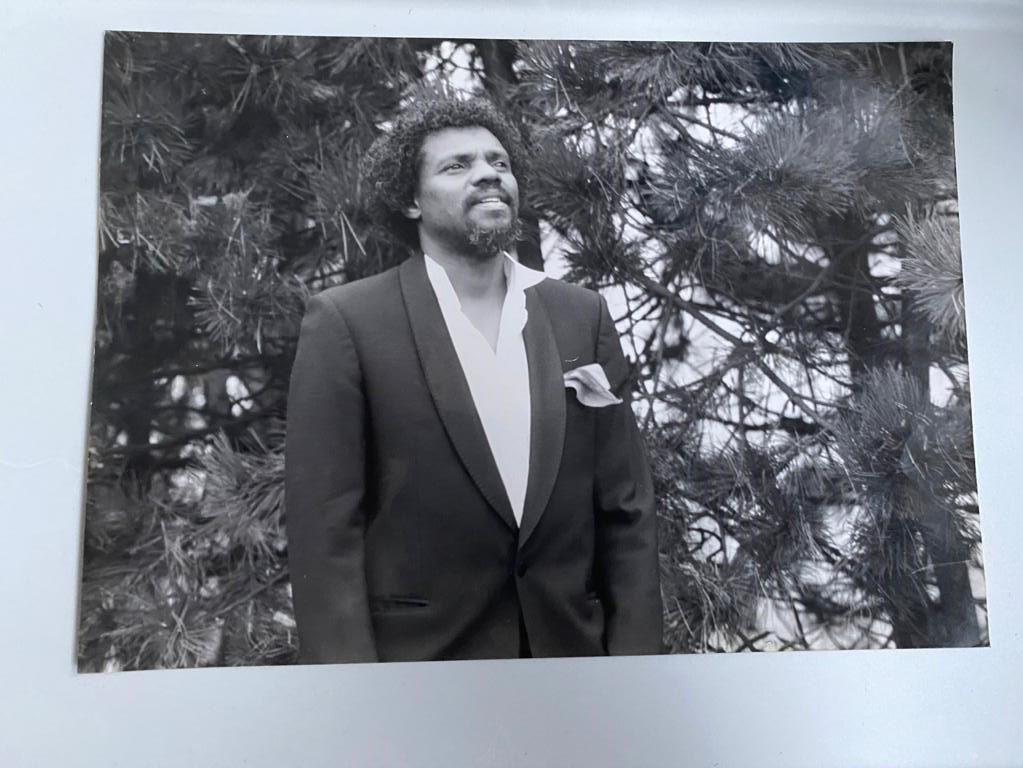Could The Trammps have come from anywhere other than Philadelphia? Jimmy Ellis, Harold “Doc” Wade, Stanley Wade and Earl Young grew up with doo-wop groups ringing in their ears and went on to build one of the most formidable soul/disco bands. After extensive touring, the hits came fast and strong: Zing Went the Strings Of My Heart, originally recorded by Judy Garland in 1943, reached #17 on the R&B chart and #64 on the pop charts.
With Buddha Records, they recorded the irresistible Hold Back The Night which reached #40 on the pop charts and #10 on the R&B charts and Where Do We Go From Here, reaching #44 on the R&B charts in 1974. With Atlantic Records from 1975, the Trammps struck gold with Hooked for Life and Where the Happy People Go. Other Trammps hits on Atlantic included, Disco Party, Body Contact, I Fell Like I’ve Been Livin’, The Night The Lights Went Out, and Soul Bones, with Stevie Wonder on harmonica.
Disco Inferno
Their defining song, however, is clearly Disco Inferno probably the best-known song in disco – and a wonderful example of the full, big-band disco sound straight from Philadelphia. They were favourites at New York’s most popular club, 2001 Space Odyssey, the location for the motion picture, Saturday Night Fever. The soundtrack for the movie, which included Disco Inferno, was the industry’s biggest selling album to date and won the Trammps a Grammy Award in 1979.
Through all the touring, hits and madness, Stan Wade held down the bass end on vocals, while also adding falsetto harmonies when needed. He later revived the band and used to tour until fairly recently. On one of these trips he hooked up with Ben Schwag, quickly becoming “brothers from another mother” with him and bassist Earnest “ET” Hampton. In addition to recording material for Stan, the pair also provided backing vocals for George Williams and Rufus Thomas.
Working with Stan
Sadly, Stan Wade passed away from complications due to Covid in January 2021. “He was like a brother to me,” according to Ben Schwag. “I was as close to him as I ever was to anyone in my life. Over the years, he taught me – still a kid basically – how the business worked and how it changed since his time.”

Tributes also came from singer Clarence Bekker. “You took me at the age of 18 under your wings and started teaching me everything you knew about performing,” he said. “I can still hear you say, ‘Never mind the audience. Look at the staff. If they stop doing what they´re doing while you’re on stage that right there means you’re good!'”
If you run a soul or disco website, why not link to this page? It will keep the memory of Stan alive.